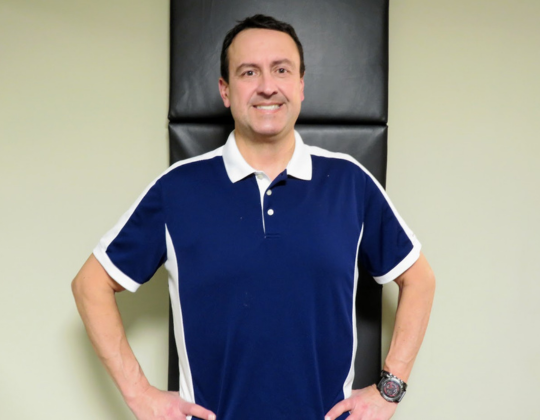BE BETTER! Bariatric Mindset for Muscle Growth:
Bariatric surgery is a life-changing tool, but true transformation comes from the mindset shift that follows. While weight loss is often the primary goal, building muscle should become just as important in the long run. Strength training not only enhances your physique but also improves metabolism, confidence, and overall quality of life. However, the journey to muscle growth after bariatric surgery isn’t just physical—it’s mental.
1. Shift the Focus: From Losing Weight to Gaining Strength
Before surgery, the mindset is often centered around weight loss. After surgery, however, it’s crucial to shift the focus toward building strength, endurance, and resilience. Muscle growth helps prevent excess skin sagging, improves mobility, and makes daily activities easier. Instead of obsessing over the number on the scale, start celebrating non-scale victories—like lifting heavier weights, increased energy, and better posture.
2. Patience Over Perfection
Building muscle is a slow process, especially after bariatric surgery when calorie intake is lower. Many patients struggle with impatience, wanting instant results after seeing rapid weight loss post-surgery. The key is to trust the process and stay consistent. Strength training is about progressive overload, meaning small, steady improvements over time. Celebrate every rep, every pound lifted, and every milestone hit.
3. Fuel Your Body for Strength
One of the biggest challenges bariatric patients face when trying to build muscle is getting enough protein and nutrients. Post-surgery, your stomach’s capacity is reduced, making it harder to consume the calories needed for muscle repair. This requires strategic eating:
- Prioritize lean protein sources (chicken, fish, eggs, Greek yogurt, protein shakes).
- Focus on nutrient-dense foods to avoid empty calories.
- Stay hydrated to support muscle function and recovery.
Muscle doesn’t grow in a calorie deficit. If strength-building is your goal, working with a dietitian to increase protein intake without causing digestive discomfort is key.
4. Overcoming Mental Barriers
Many bariatric patients struggle with gym intimidation, self-doubt, and fear of failure. The journey to muscle growth is as much about overcoming mental barriers as it is about physical effort. Here’s how to break through:
✅ Start small – Simple bodyweight exercises at home can build confidence.
✅ Find a supportive environment – Whether it’s a trainer, group class, or online community, surround yourself with encouragement.
✅ Embrace discomfort – Sore muscles mean growth. Learn to love the challenge.
✅ Reframe setbacks – Progress isn’t linear. Every tough workout is a step forward.
5. Consistency Over Motivation
Motivation is fleeting, but consistency builds results. There will be days when fatigue, self-doubt, or lack of motivation kick in. That’s when discipline takes over. Set small, attainable goals, like increasing weights gradually or committing to three workouts per week. Over time, these small actions compound into major results.
6. Strength is More Than Physical
Building muscle after bariatric surgery is about more than just aesthetics. It’s about reclaiming control, pushing past limits, and proving to yourself that you are capable. The confidence gained from lifting a heavier weight or completing a challenging workout translates into every aspect of life.
Final Thoughts: You Are Stronger Than You Think
The journey doesn’t end with weight loss—it evolves into something greater. Building muscle after bariatric surgery requires patience, proper nutrition, mental resilience, and unwavering consistency. It’s about shifting from a weight-loss mindset to a strength-building mindset, understanding that true transformation comes not just from losing weight, but from gaining power, inside and out.
💪 Your weight doesn’t define you—your strength does. Keep pushing forward and BE BETTER!💪

